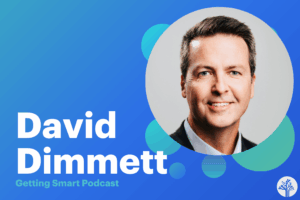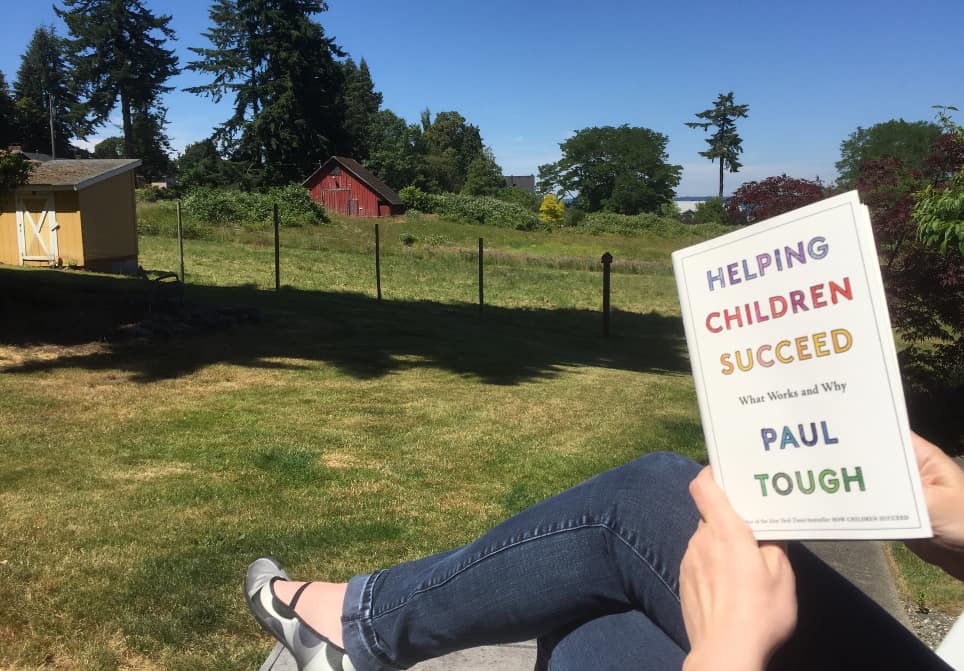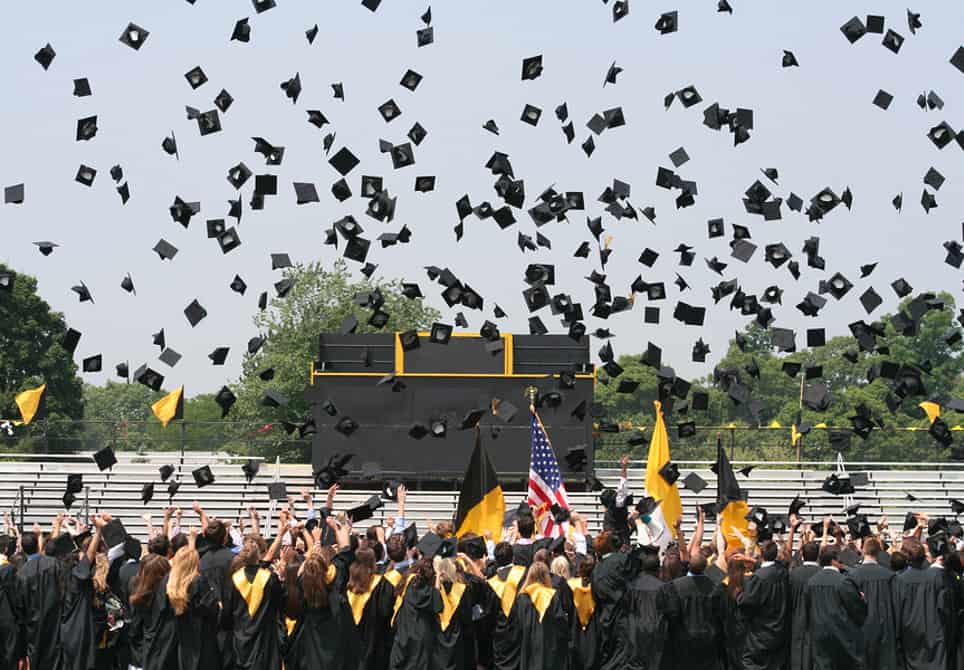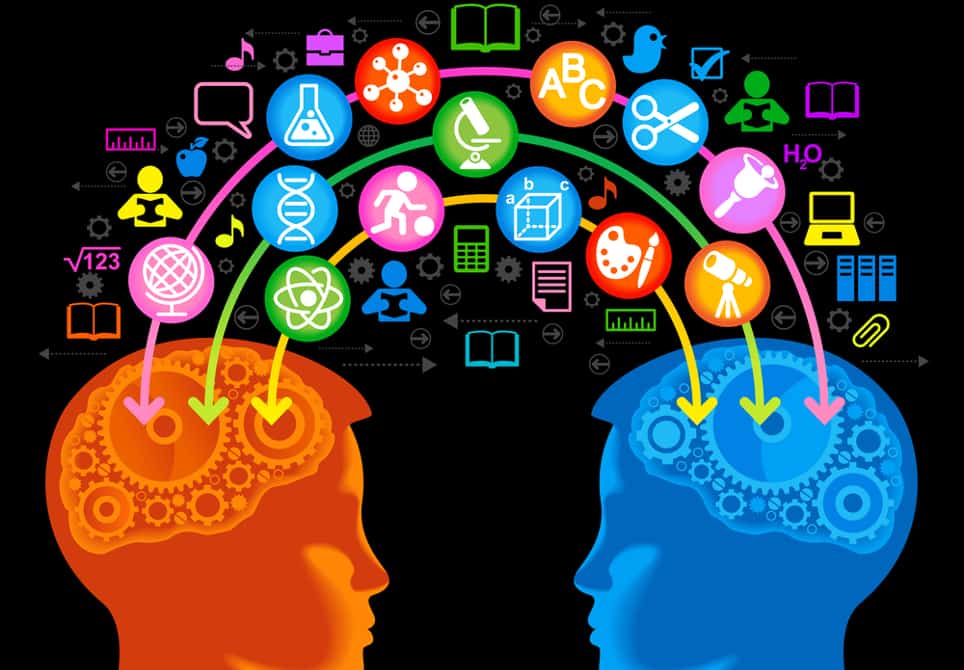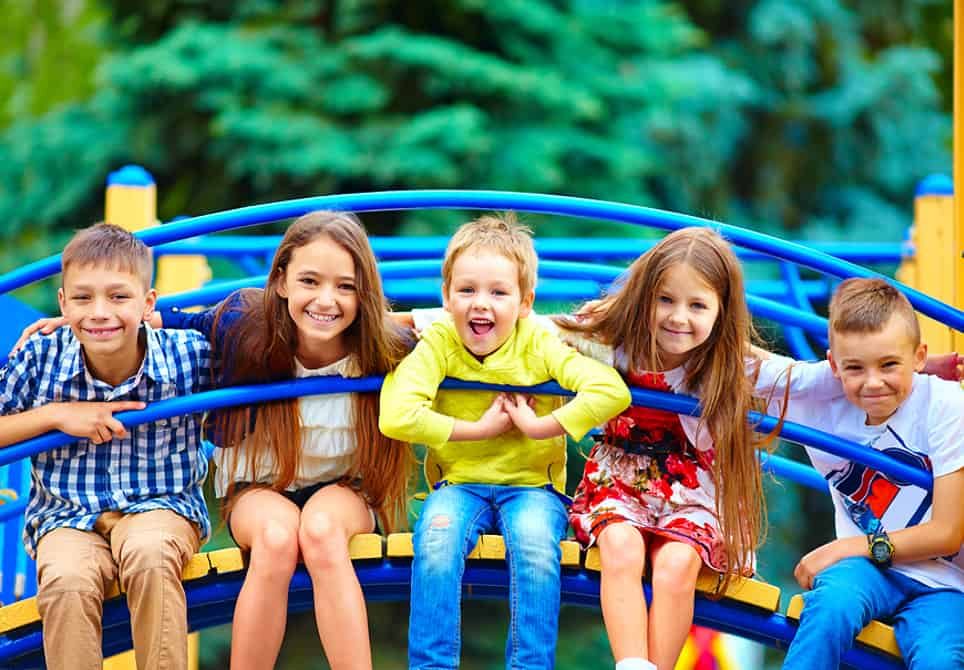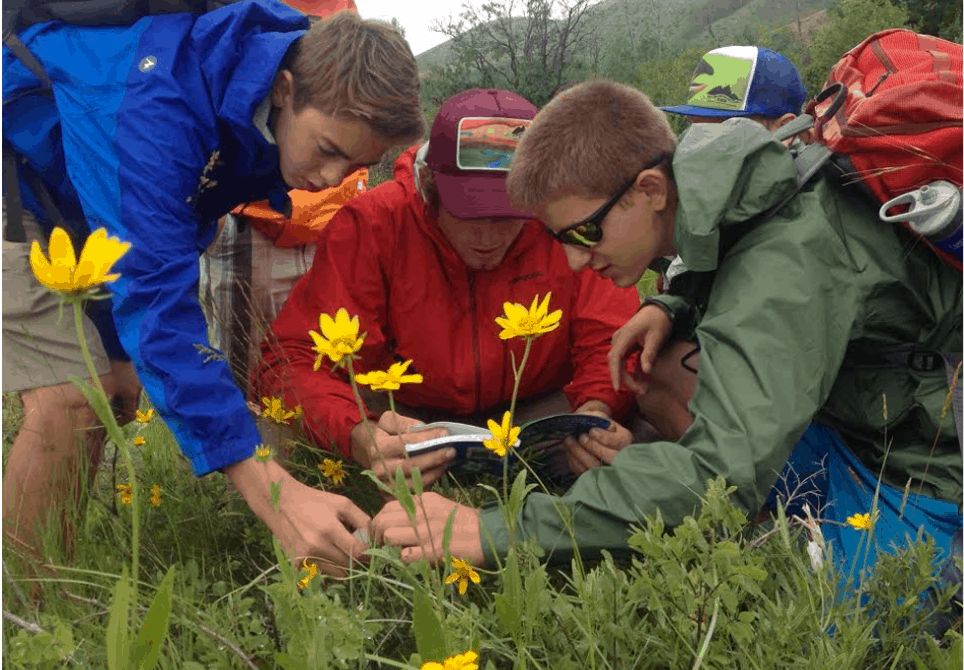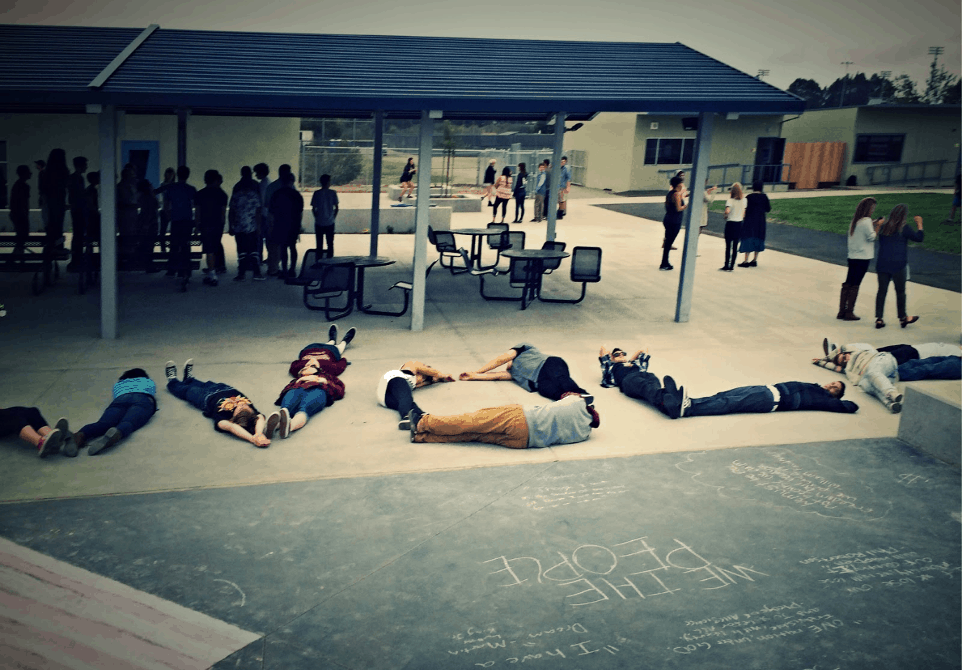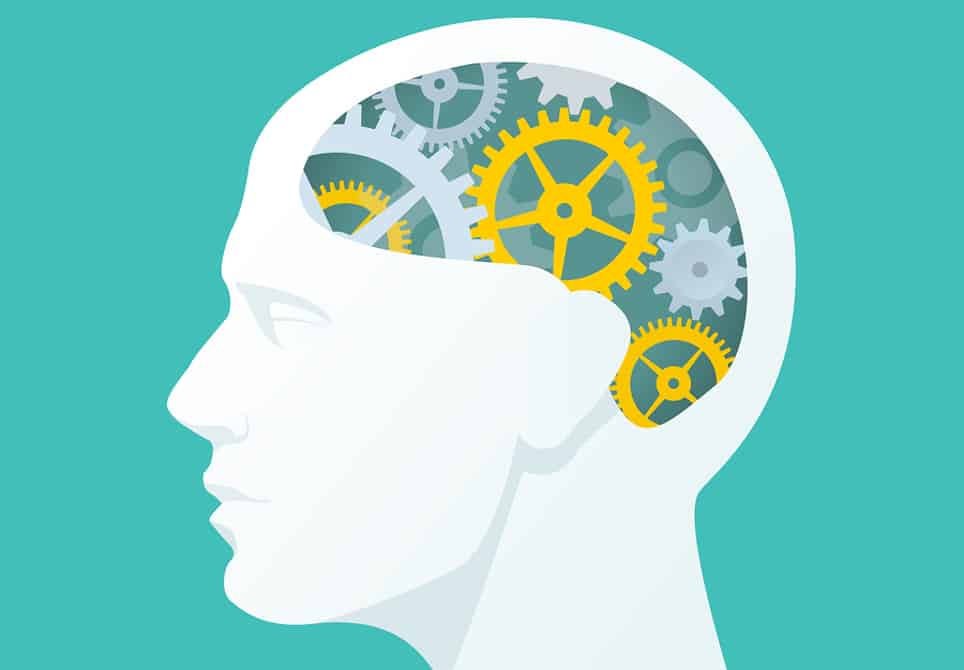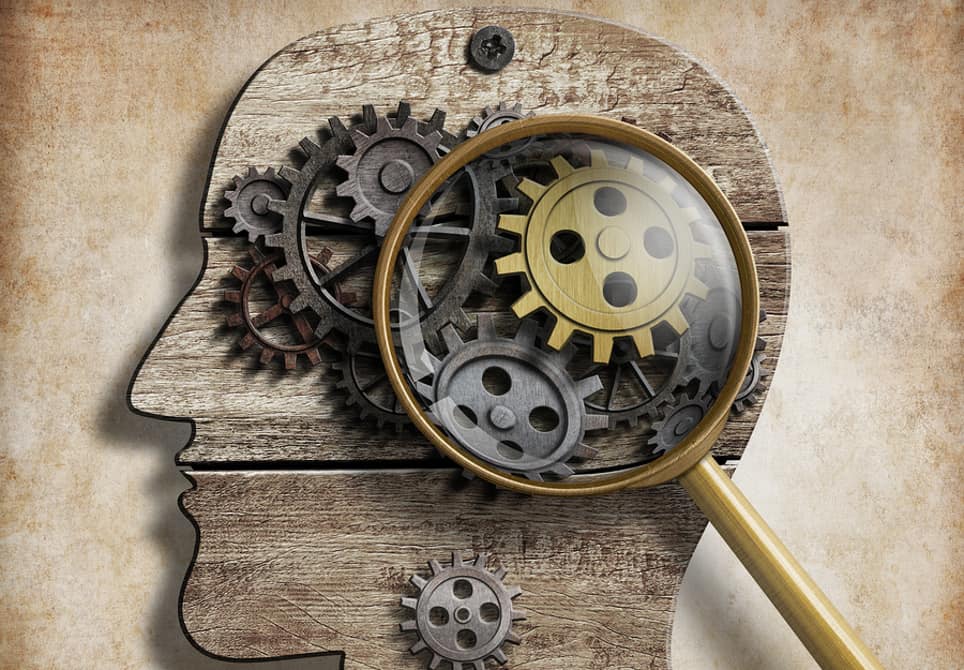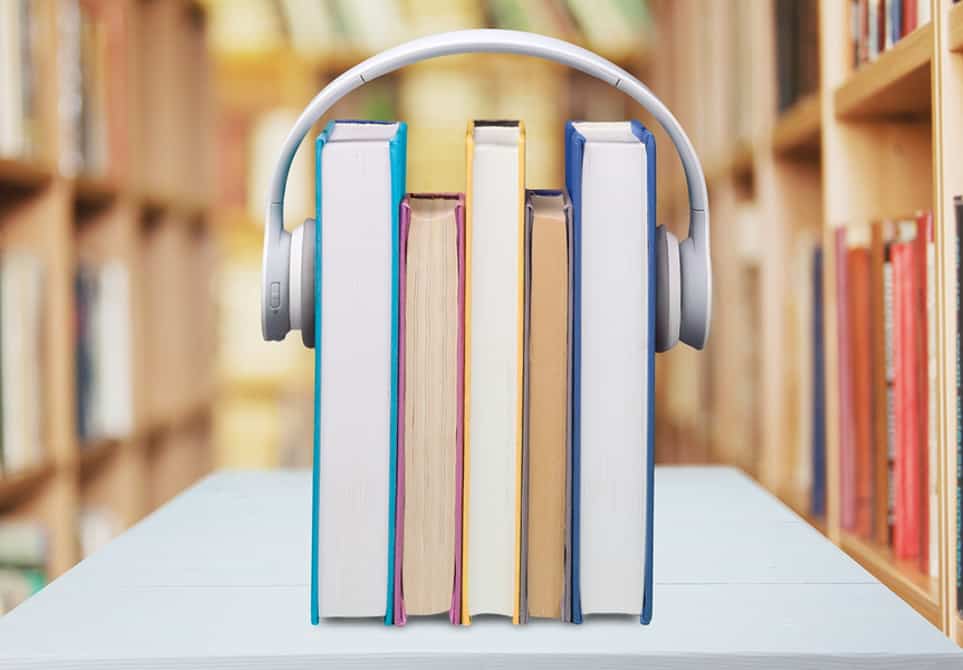Project-Based Learning
(PBL) is an instructional approach where traditional, direct classroom instruction and tests are replaced by authentic, often interdisciplinary projects, usually designed by the student with guidance from instructors/coaches, addressing real-world problems as the assessment instead of a test. It also is closely related to deeper learning, challenge-based learning, interest-based learning and more.
How Deeper Learning Helps Children Succeed
By: Paul Tough. In this excerpt from Paul Tough's new book, Helping Children Succeed: What Works and Why, he explains the importance of implementing deeper learning and project-based learning for all students, especially those who are economically disadvantaged.
The Future of Professional Development is Collaborative Development
By: Brad Spirrison. To support today's participatory professional development, edleaders have developed online platforms that focus on educator collaboration and resource discovery to help teachers incorporate new tools and ideas into instruction.
Student Choice Is a Key Ingredient for a 100% Graduation Rate
By Roger Cook - Taylor County Schools in Kentucky has reached a 100% graduation rate for the last eight years by implementing a Wheel of Learning approach to its students.
Reclaiming Assessment for Deeper Learning
By: Dennis Udall. More about education leaders who are catalyzing innovative approaches to assessment that encourage observing, collecting and interpreting evidence of deeper learning.
Social and Emotional Learning and Assessment: The Demand is Clear
By: Jonathan Martin. Noncognitive skill assessment is a necessary, even critical component, of strengthening social and emotional learning in schools.
Place-Based Education: Communities as Learning Environments
By: Nate McClennen. The place-based education approach can serve as a framework to connect learning models, increase the power of our educational system and serve as the foundation for a thriving democracy.
Managing Collaboration in the PBL Classroom
By: Jennifer Isbell. As they prepare next-gen students for an unknown future full of rapidly advancing technology, teachers must find ways to inspire and instill the collaborative process to help them succeed in a world that values teamwork abilities.
Embracing Failure as a Necessary Part of Deeper Learning
By: Loretta Goodwin. In order for deep learning to occur, everyone needs to be reassured that there will be moments of failure. These need to be acknowledged, embraced and worked through as they are part of the process of creating innovative learning environments for all students.
Deeper Learning and Equity: 3 Educator Perspectives
At the recent Deeper Learning conference, we asked educators two questions around deeper learning and equity. Here are the responses we filmed from three of these educators.
The State of Storytelling
By: Monica Brady-Myerov. One of the constant challenges teachers face is to get and keep their students’ attention. What's a simple answer? Tell a good story.


